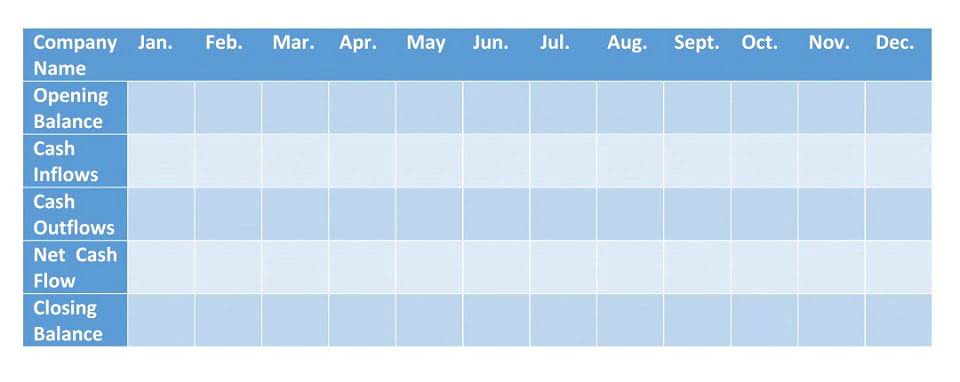
A CPA designation can help to qualify you for more opportunities, and it may give you a competitive advantage when applying for a position. However, the CPA designation requires additional schooling and time, and you will also need to budget the time and money to complete your state’s continuing education requirements. While accountants manage day-to-day finances for a business, CPAs may be responsible for tasks that accountants can’t perform, such as preparing audited financial statements and conducting company audits. If you’re planning to pursue a career in accounting, it’s important to start thinking about your educational path well in advance. One of the major career choices that you’ll face is whether to become an accountant or a Certified Public Accountant (CPA). Each career option has different educational and licensing requirements, and also bring about different job opportunities.
Their expertise covers various accounting activities, including tax preparation, financial auditing, and financial planning. CPAs are held to a code of ethics and must complete continuing education credits to maintain their certification. You can be an accountant without being a certified public accountant, but earning a CPA license adds a valuable credential to your resume. It means you’ve passed a nationally recognized test that has been modified to reflect your state’s regulations. It opens the way to jobs that other accountants can’t take on, such as performing audits of public companies.
What Is a CPA and How Do I Become One?
On another note, CPAs who operate as consultants do not work as auditors. It is recommended that you consult a CPA before establishing a business. You will need an accountant to maintain financial records, manage payments, and plan your taxes.
As your business expands, though, you will require the services of a financial advisor and tax planner. While a professional accountant will assist you with bookkeeping and payment management, a CPA will assist you with your cpa vs accountant business’ growth, as well. A fiduciary is a person or entity with legal authority to act on behalf of another. CPAs are considered to have the legal responsibility and authority to act in the best interests of their clients.
What Is a CPA?
Be certain to understand the requirements in your state and any states you intend to work in to ensure your license is accepted. Find your state’s Board of Accountancy and review its website to get clarity on what you’ll need to do. As a modern accountant, you’ll also need new technical skills like programming in Python and R, statistical analysis, data mining, and regression. The master of business administration (MBA) is an academic degree in management. If you are interested in starting or running a business, the MBA program will help you prepare.

CPAs are a little more qualified than accountants to accomplish accounting tasks, and are recognized as credible experts in the field. CPA-designated professionals are trained in generally accepted accounting principles (GAAP) and best practices. CPAs must be licensed in their state to practice, while accountants do not require a license.
What Do Accountants and CPAs Earn?
However, CPAs are more in-demand, and can charge higher rates and perform a wider range of services. In short, CPA responsibilities are far more regulated than those for accountants. Likewise, CPAs typically offer a wider range of services, compared to accountants. Keeping accurate records and filing tax returns can be quite complex, so many Americans choose to seek professional help from an accountant. It’s not necessarily cheap to work with a tax professional, but it can save you lots of time, and potentially unlock tax breaks you wouldn’t otherwise find on your own. It’s important to note, however, that CPAs must work to maintain their licensure.